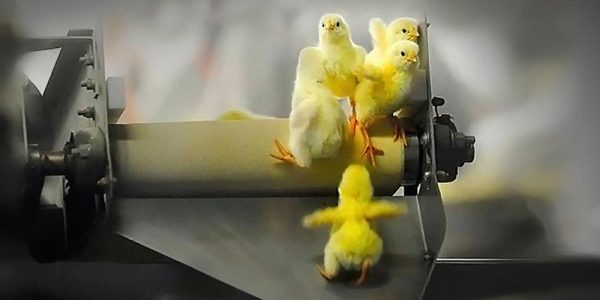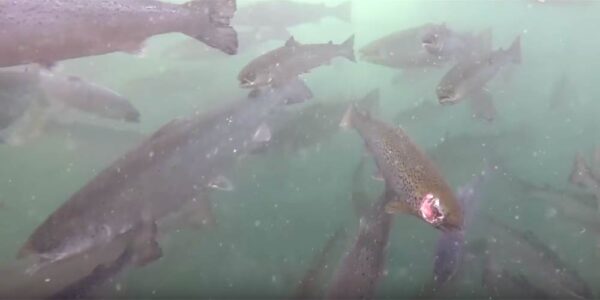Most pork products sold in butchers and supermarkets come from pigs confined in factory farms. With growing community concern about how pigs raised for food are being treated, the lives led by these animals has become a key consideration in purchasing decisions.
There are no simple, consistent or legally enforceable definitions for pig production systems in Australia. This has led to a complex and confusing collection of logos, labels and industry and retailer certification systems. In the tables below we have attempted to demystify pork production methods to assist more people to make kinder choices.
While living standards will vary, the most significant difference between ‘factory farmed’ and ‘free-range’ in terms of prolonged animal suffering is the treatment of the mother pig — whether she will be severely confined for much of her life or provided with space outdoors to express her natural behaviours.
But all pigs — in all production systems whether factory farmed or organic — will ultimately face the same terrifying fate inside an abattoir — usually in a ‘gas stunning’ chamber. This is the grim reality of pig production that is leading to more and more people taking pigs off their plates altogether.
Certification systems included in the table:
- Industry standard outlined in the Model of Code Practice (MCoP)
- Australian Pork Industry Quality Assurance Program (APIQ)
- RSPCA Approved Farming (RSPCA)
- Australian Certified Organic (ACO)
- Coles own brand specifications
- Woolworths own brand specifications
- Aldi own brand specifications














